The parents of an 8-year-old boy in London with a rare brain tumour have launched a fundraising campaign to promote research into the condition in children.
They also hope the campaign will help to inspire other families with a child facing a terminal diagnosis.
Philo Moulin, who lives in Bermondsey with his parents and cat Nacho, was diagnosed in September 2022 with a pediatric high-grade glioma.
Philo was born at Queen Charlotte’s & Chelsea Hospital in West London to a Canadian father and Chinese mother, and now attends a small bilingual school. He speaks English, French and Mandarin.
Philo’s parents Jeremy Moulin, who works for a software company, and Wei Luo, who works in jewellery, launched a GoFundMe page last week to raise £500,000 for Philo’s medical treatment abroad.
They hope Philo’s story will give hope to other families who have a child diagnosed with cancer.
Mr Moulin said: “Philo’s always been a very happy kid. He loves music, he loves normal 8-year-old stuff, playing Minecraft and Lego, just being with his friends.
“And he really loves school. Even throughout the first month where he had three surgeries, before and after every surgery he was asking ‘OK, when this is done, can I go back to school?’”
Philo’s diagnosis came one evening after school when he was taken for an eye test. The optician noticed his optic nerve was swollen and immediately referred him to A&E at King’s College Hospital, where a CT scan revealed a brain tumour.
By 7 o’clock the next morning Philo was being wheeled into the operating theatre.
“His school, his classmates, everyone’s been very supportive over the last two months. It wasn’t widely known exactly what he’s been going through, but a couple of days ago we launched a GoFundMe page to try and get some attention around it.
“Since people have seen that, the response has been huge,” Mr Moulin added.
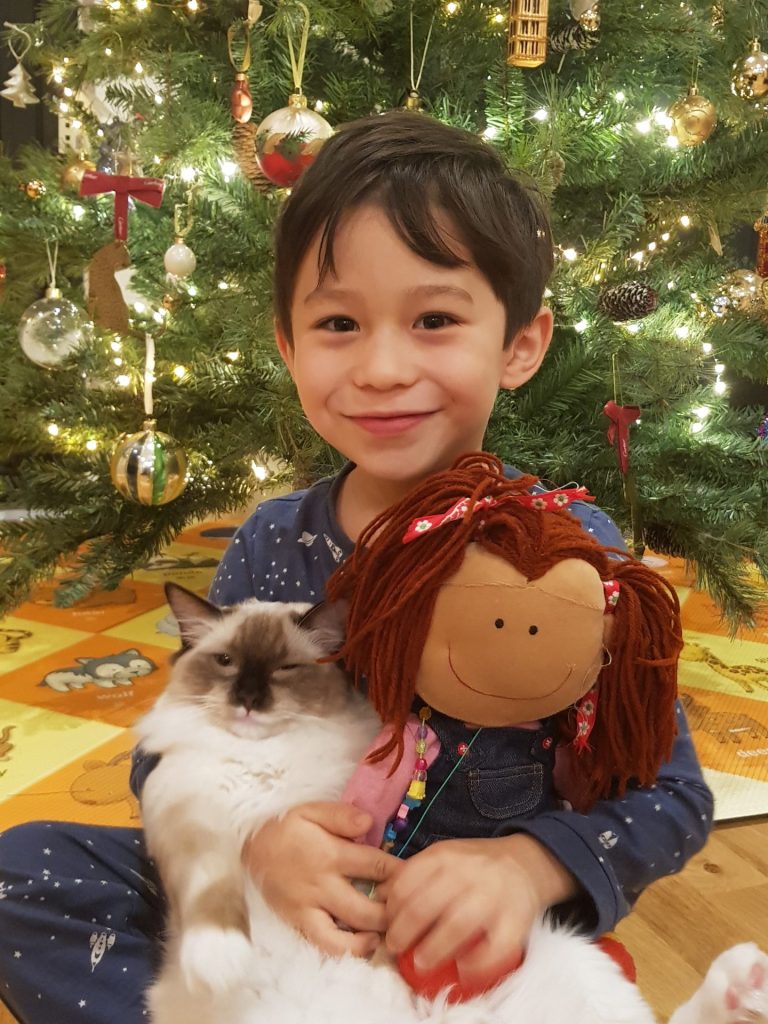
Philo is currently undergoing the NHS Standard of Care (SOC) treatment of radiation and chemotherapy at King’s College Hospital, but novel therapies offering the best chance of survival are expensive and they are not available on the NHS.
“We were very fortunate to be treated at King’s Hospital where they have an excellent neurosurgery team who are hugely caring and compassionate,” Mr Moulin said.
“But the NHS won’t approve something unless it’s been fully proven out with research and clinical trials. One of the difficulties with that is that personal pediatric brain tumours are very rare in themselves, so it’s quite difficult to get a clinical trial with 100 kids with brain tumours.
“This puts a pressure on being able to provide a novel or innovative treatment. You get caught in this loop where nothing can be done unless you go and do it yourself.”
Philo’s parents have spent time contacting medical professionals, research institutions and families of children who have a brain tumour around the world to understand what other options are available.
They are considering novel therapies in Germany that would last six weeks plus follow-up treatment, and treatments in the United States that could take over a year.
Mr Moulin explained: “Like any parent, we want to make sure he has the best chance possible, and as part of our research process we’ve connected with doctors and researchers internationally, and connected with a lot of families from both the UK and around the world who’ve gone through a similar type of thing.
“We were presented with the Standard of Care treatment as the only option, while at the same time acknowledging that this is an area that hasn’t really advanced as much as other areas of cancer research.
“That’s what led me to look at some of the stats around it, where I found that less than 3% of the money spent on cancer research in the UK goes towards brain tumours, despite it being the number one killer of children and younger adults from cancer.
“It was shocking to see that there just hasn’t been much investment in this area when clearly the impact is so devastating.”
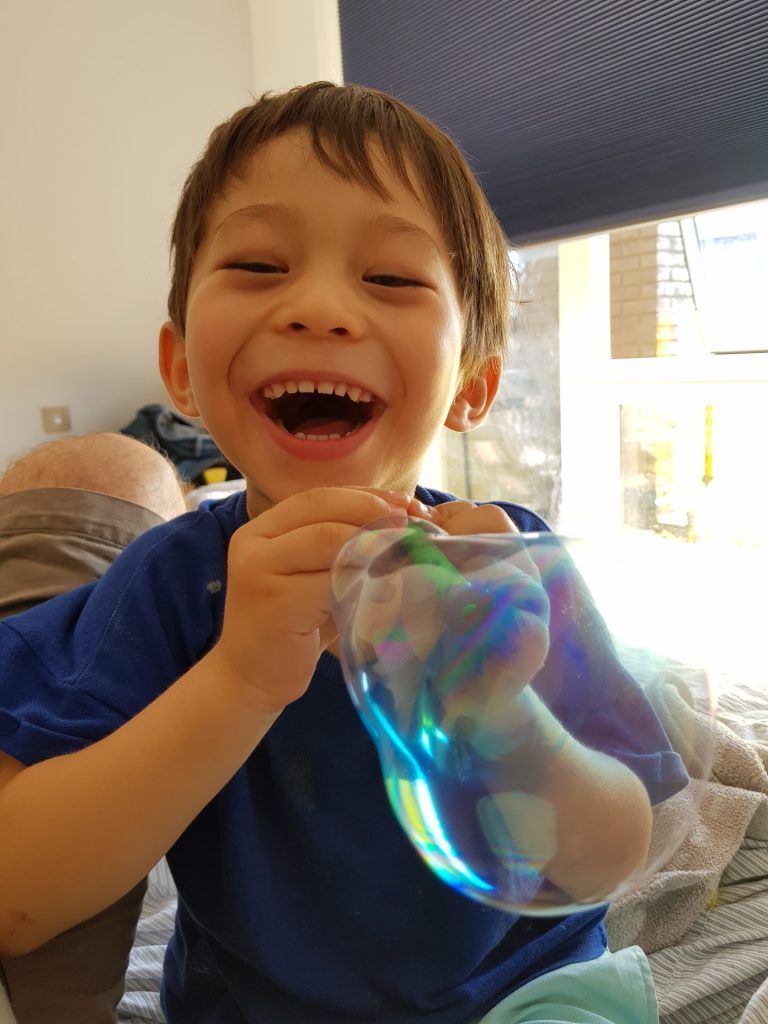
Philo’s family are working with a research institution in Germany to do further genetic sequencing on the brain tumour, which could open the door for immunotherapy treatments or personalised vaccines.
Mr Moulin says that despite being told there are no long-term survivors, doing research, talking to experts and trying to learn as much as possible about the options available has given their family hope.
“I give huge credit to my wife, who’s been using every waking moment since we found out just doing research, and asking questions and speaking to families, doctors and researchers and getting them to explain all the reports we’ve received.
“We know that it’s a bad diagnosis, we know that it’s something no parent would want, but it’s not the same thing as saying there’s no hope. Because there is hope, we’ve seen it, and we’ve spoken to people who’ve been through that and come out the other side.
“That’s what we’re trying to focus on, for us but also to be able to provide hope for other families who find themselves in this terrible situation.”
Philo’s GoFundMe page has raised nearly £80,000 in just a week, from over 500 donors.
Mr Moulin said: “I’m grateful and humbled to see all the donations that have come through. Some of it has been a network of people we know, but there’s also a lot of people we don’t know who have also contributed to it as well, which is just amazing to see.
“It’s a hard situation to put something like this together as well, because you never think you’re going to need to do something like this. I think a lot of parents can relate to the fact that you can have a child who one day is perfectly happy and healthy, and then the next day has been given a terminal diagnosis.”
Philo’s family hope that sharing his story will inspire other parents whose child has cancer. Mr Moulin wished to give some advice to other families going through a similar situation.
“I would say try and learn as much as you can about everything that’s going on. Leverage whatever support you can because you’re going to need it, especially in that first month where you’re still probably going to be in shock.
“Secondly, make sure you understand everything and do your own research by going on Google and looking at some of the reputable centres and areas internationally that are working on the diagnosis your child has.
“And just connect with other people who have gone through a similar situation. A lot of the progress we’ve made in terms of understanding what options are available has come from speaking to other people.
“Even if things look bleak, don’t give up because there’s always hope.”
To find out more information and donate, visit Philo’s GoFundMe page: https://www.gofundme.com/f/our-son-philo-is-battling-with-brain-tumour?qid=de865bbe969be45ac065fd1f17cb9229
Featured image credit: Jeremy Moulin
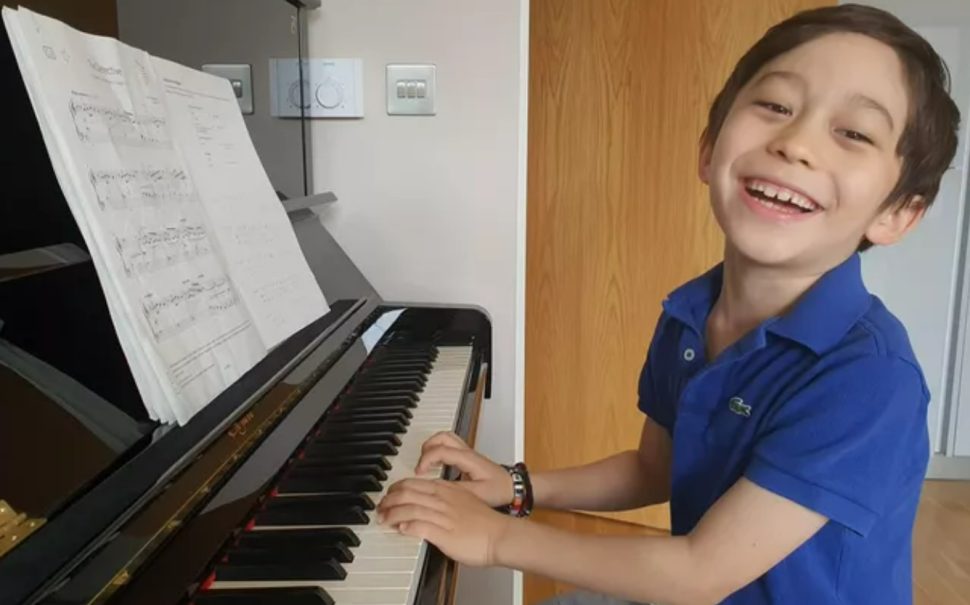
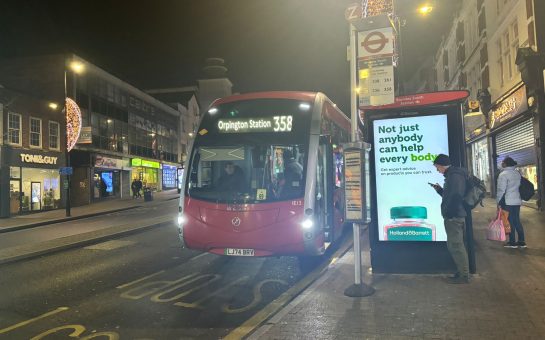
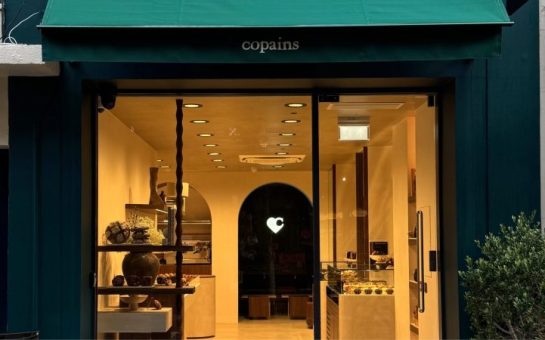
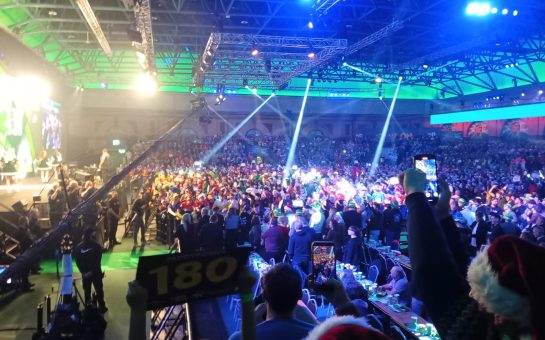
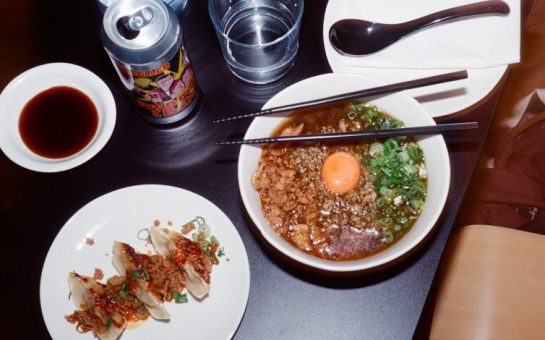
Join the discussion